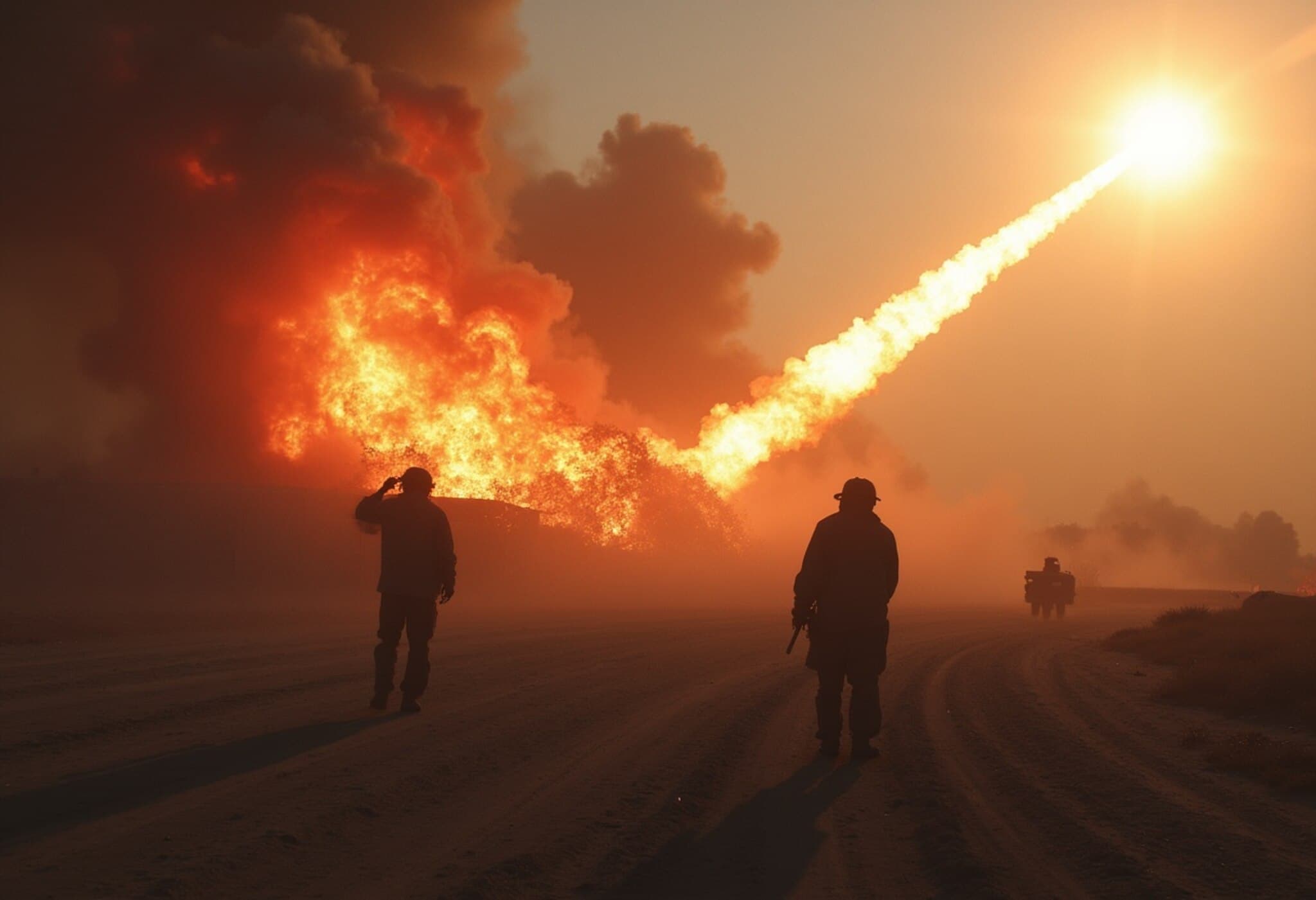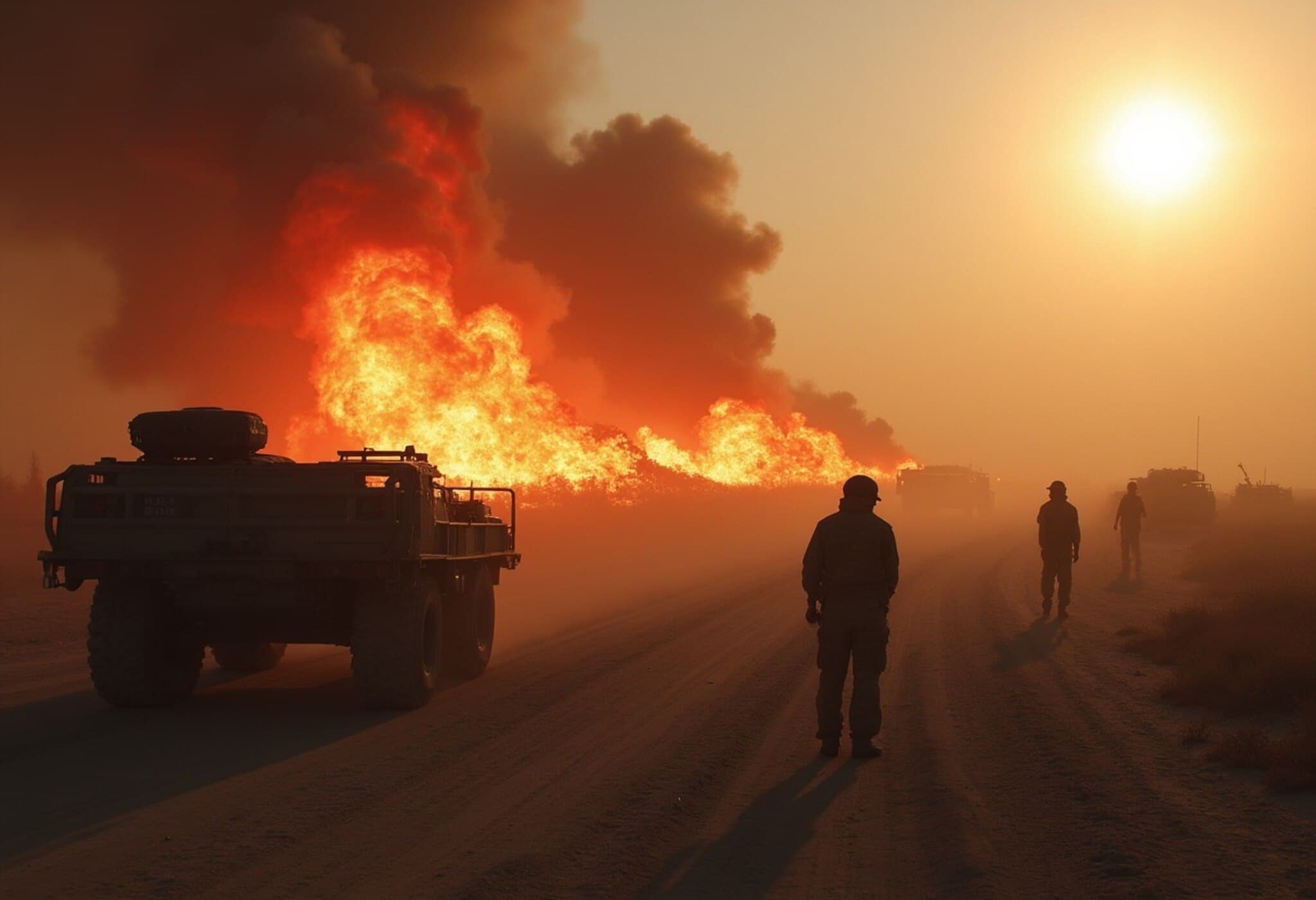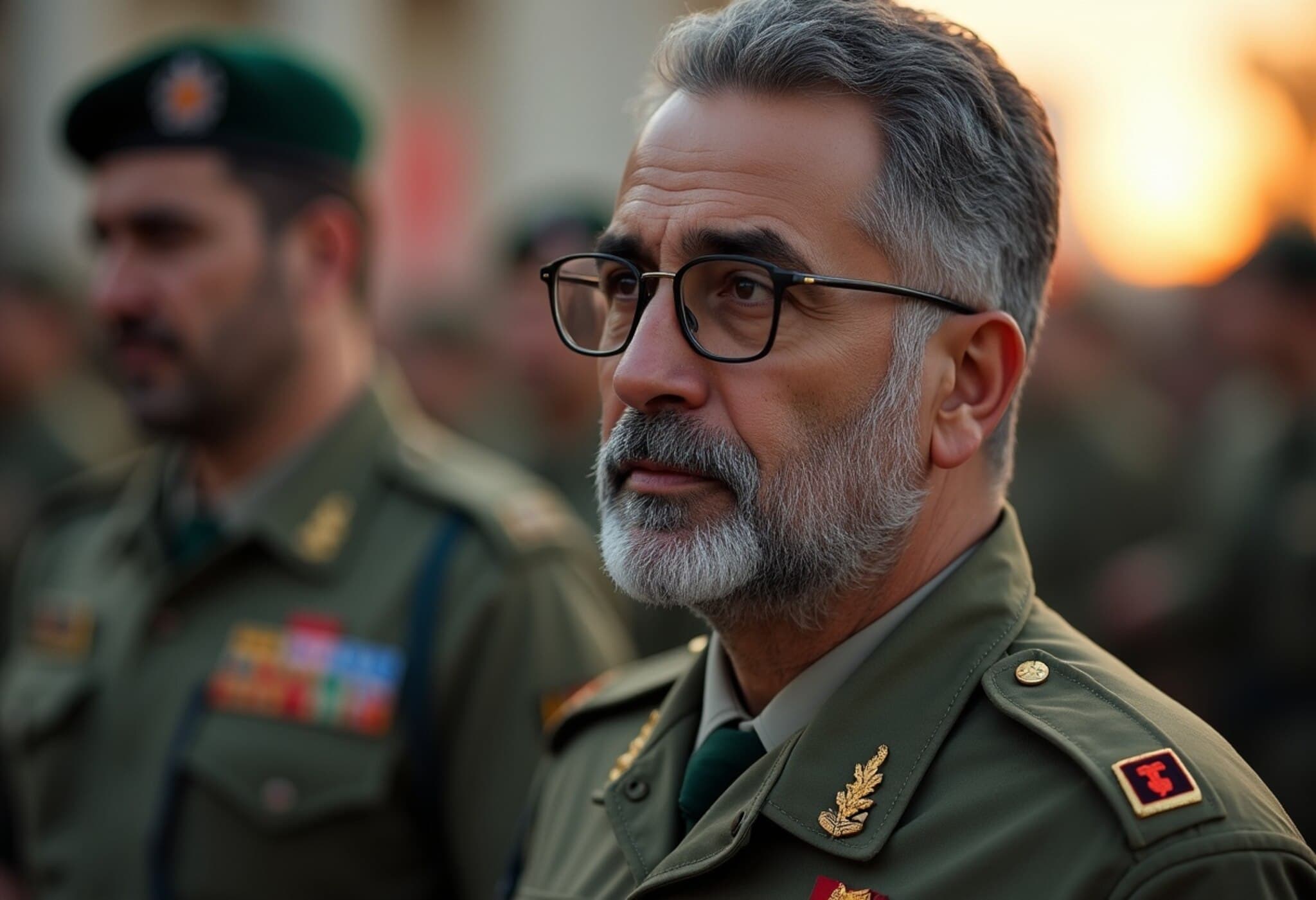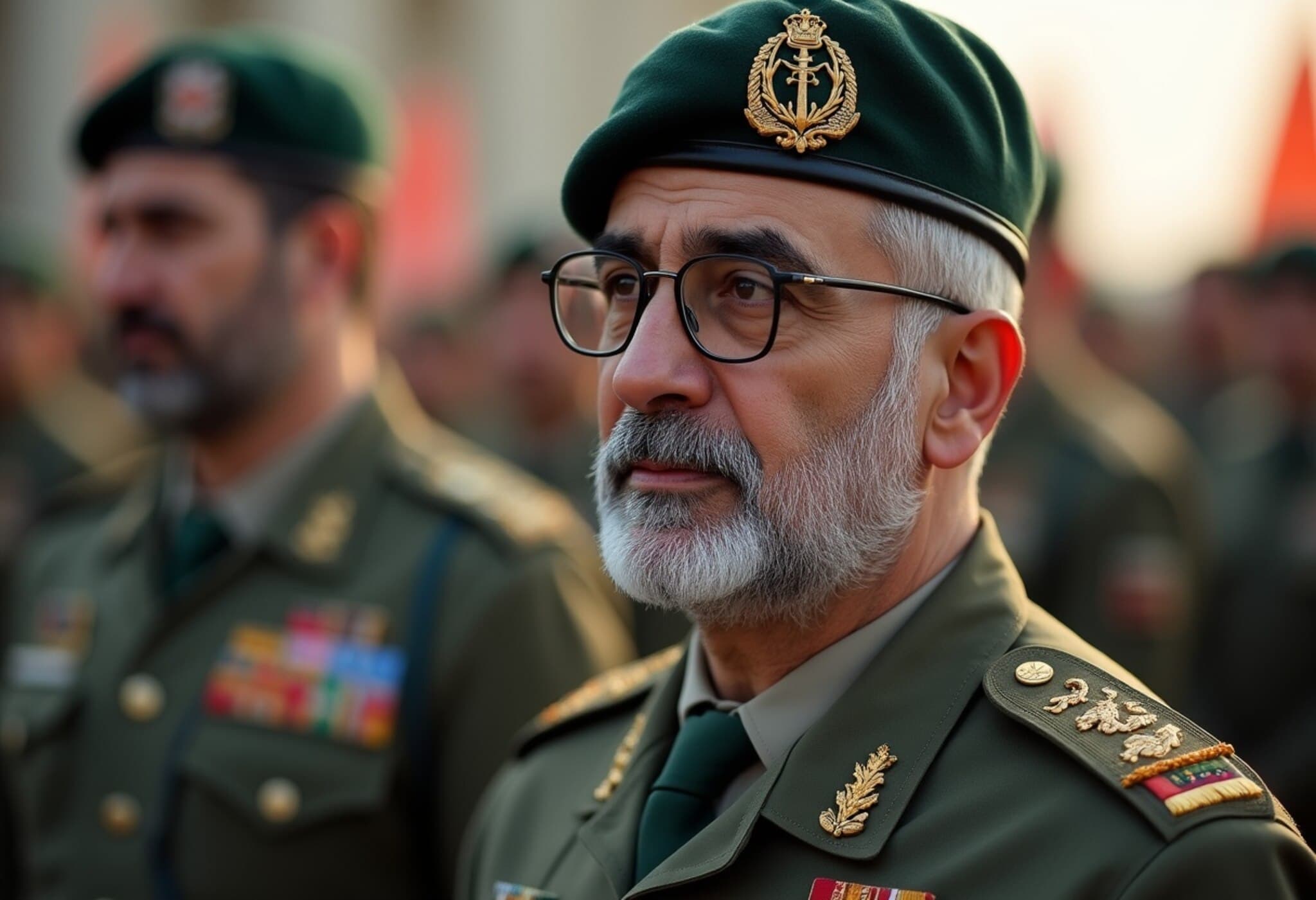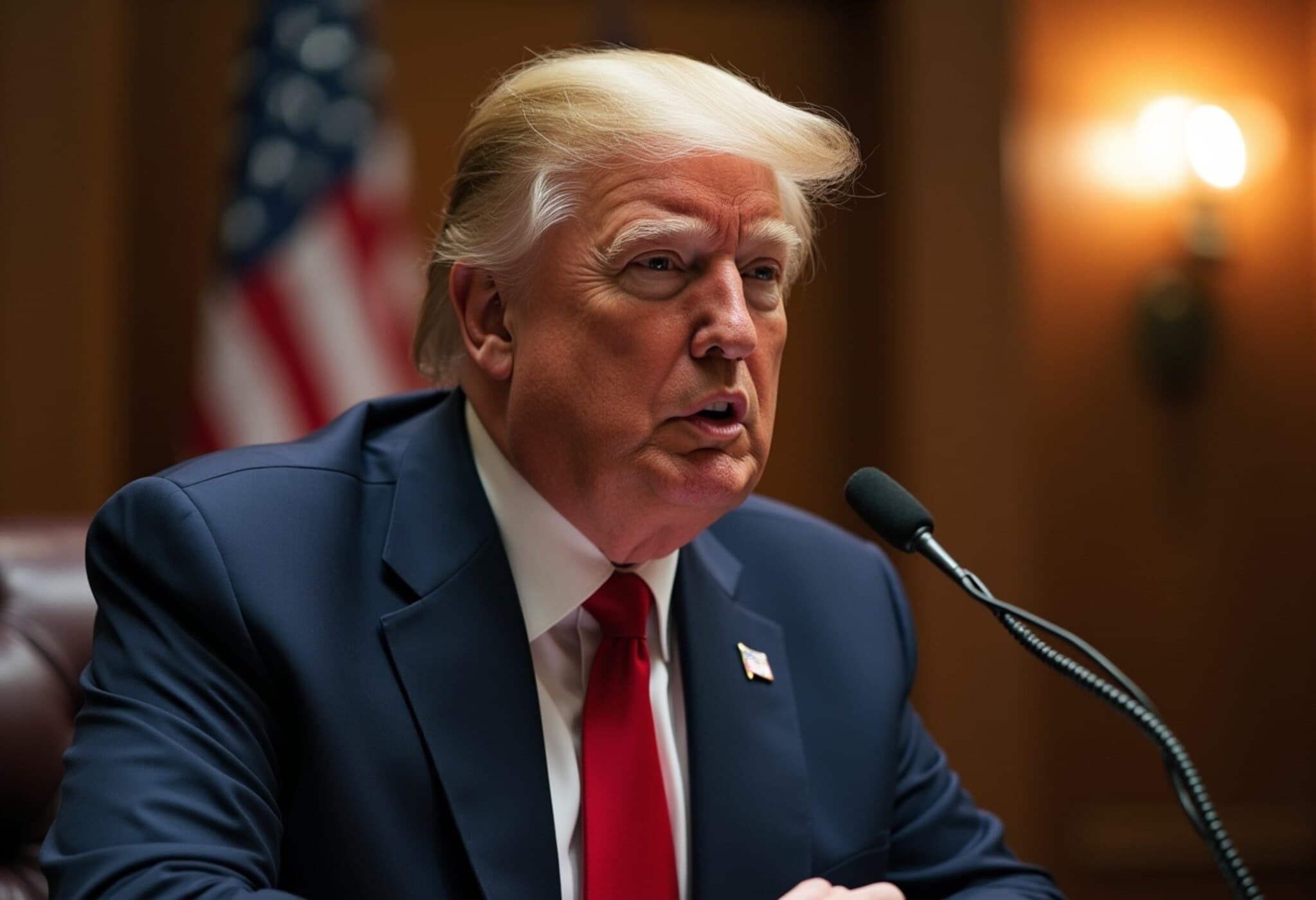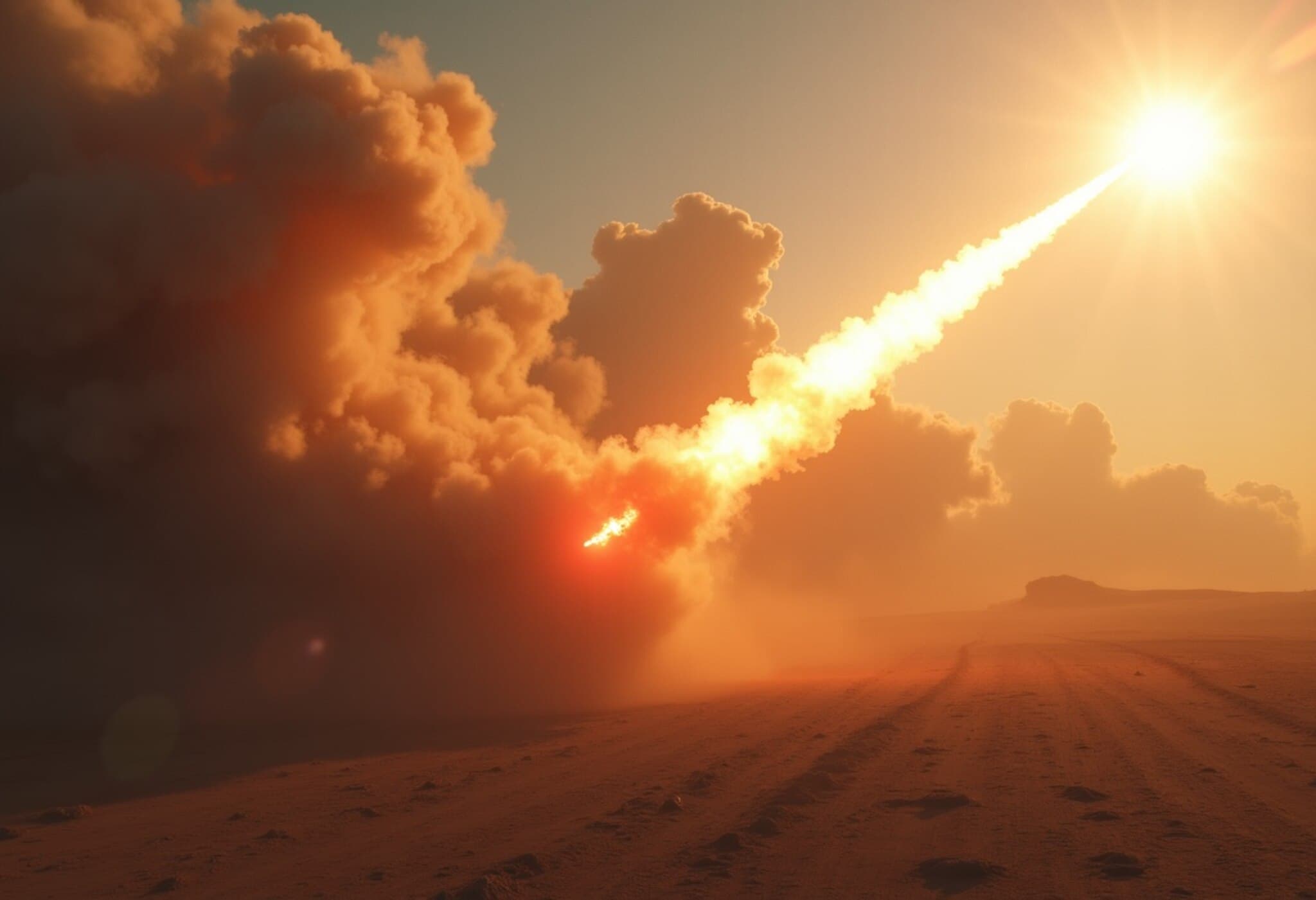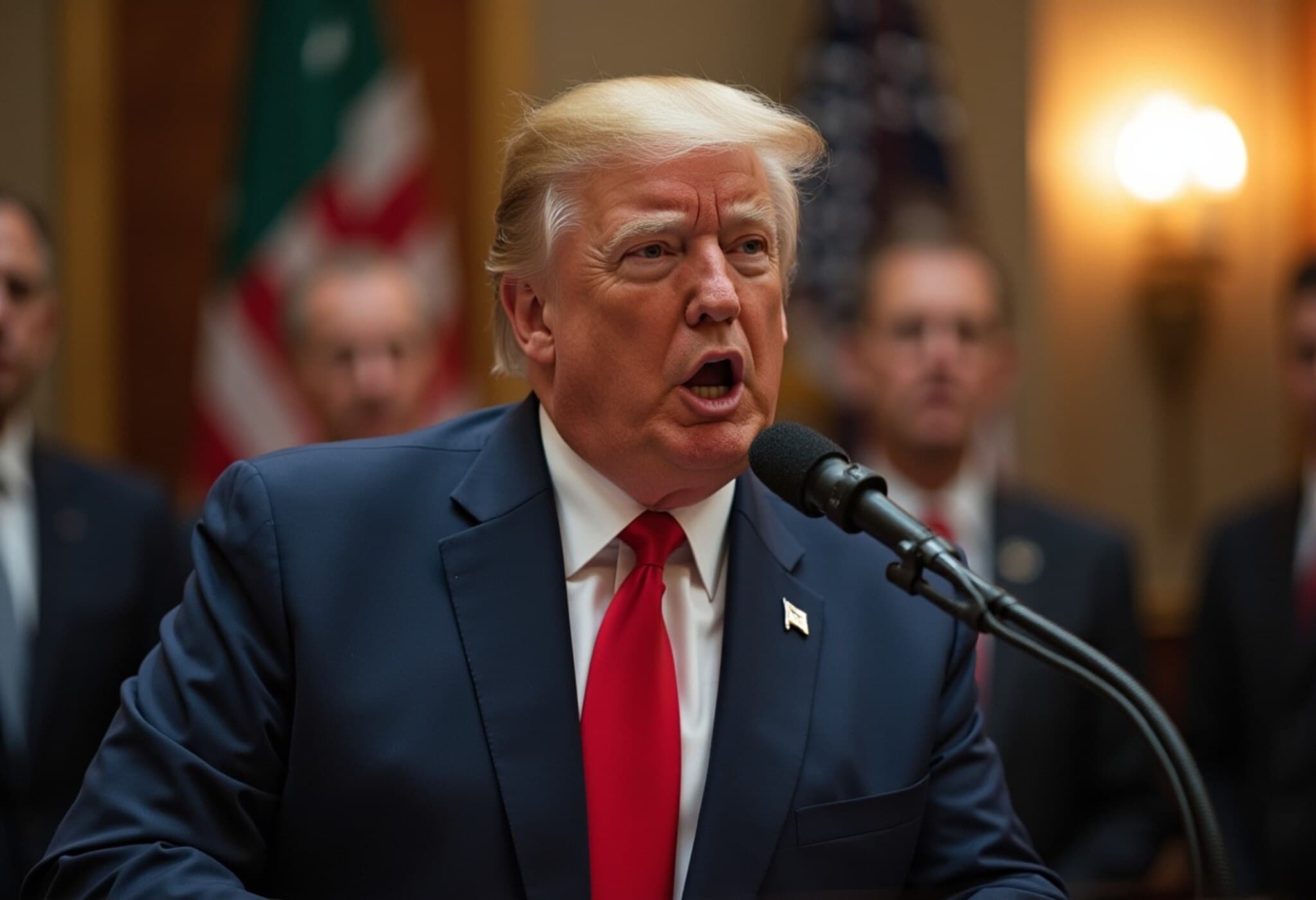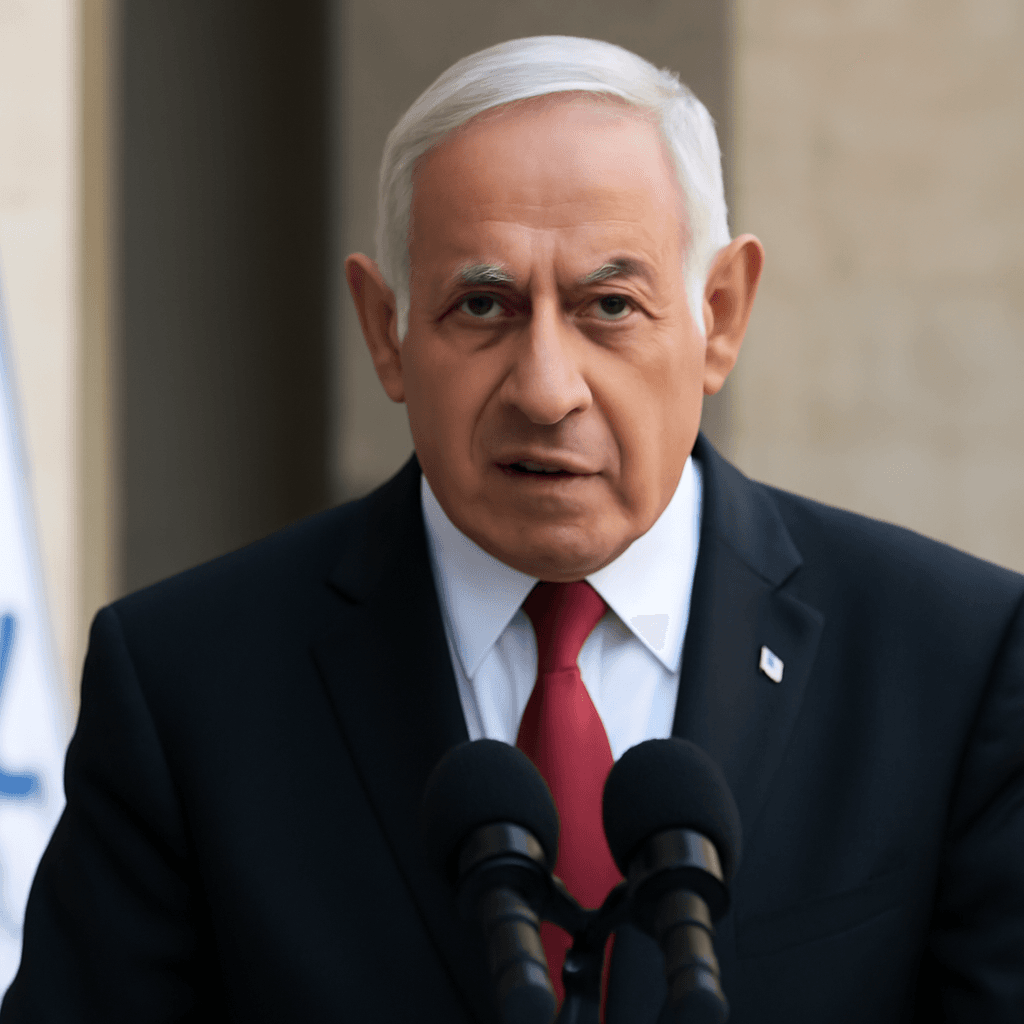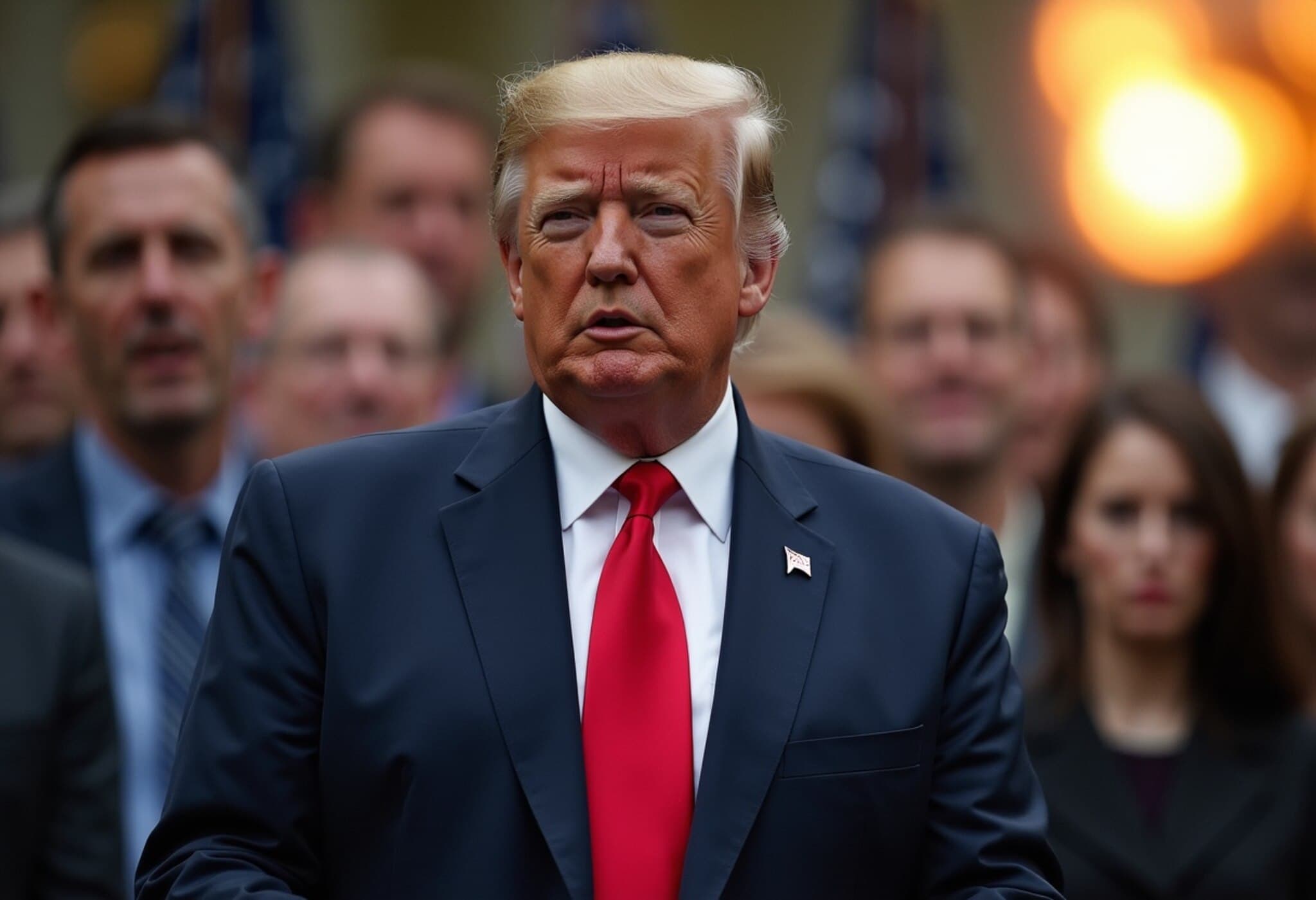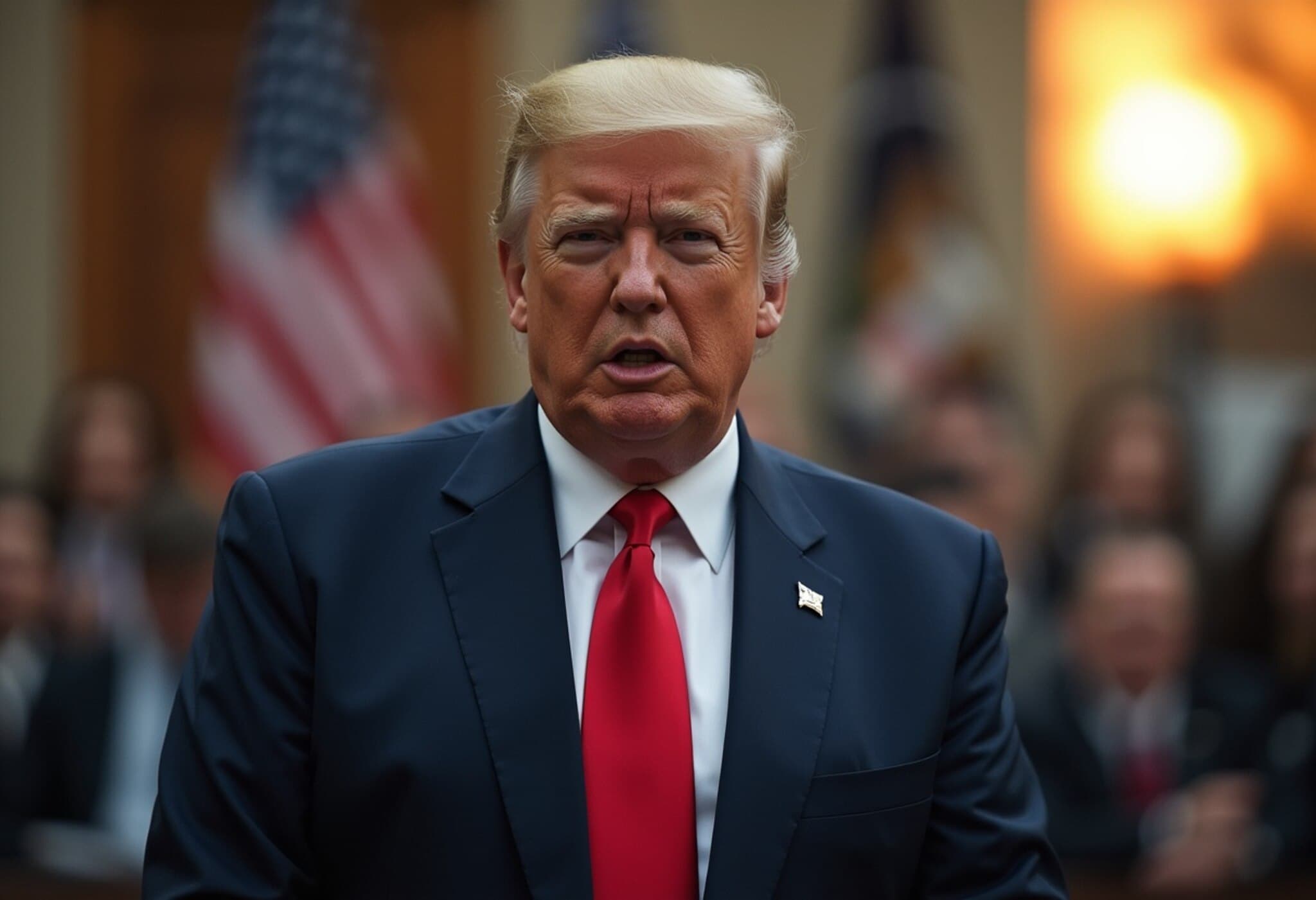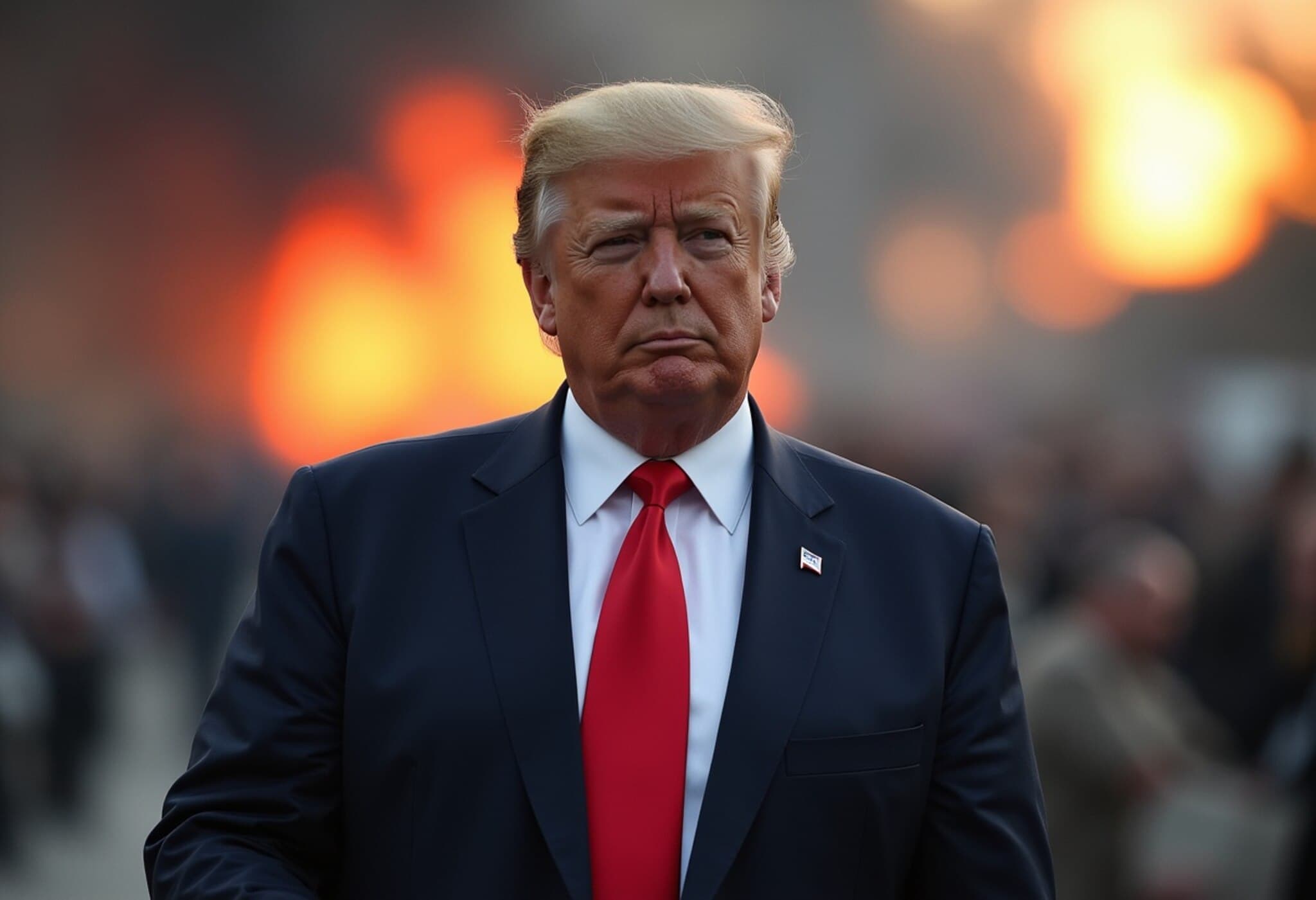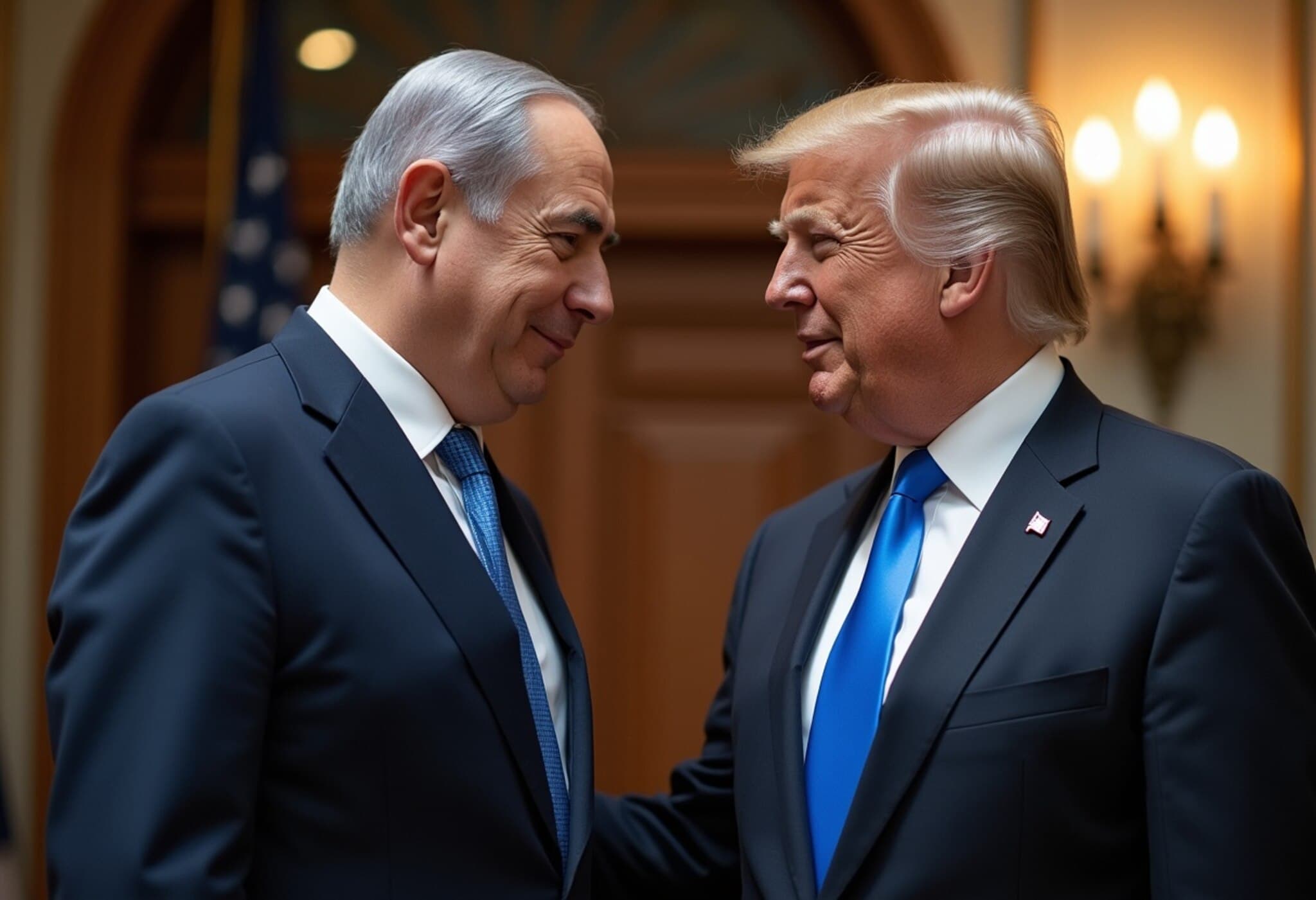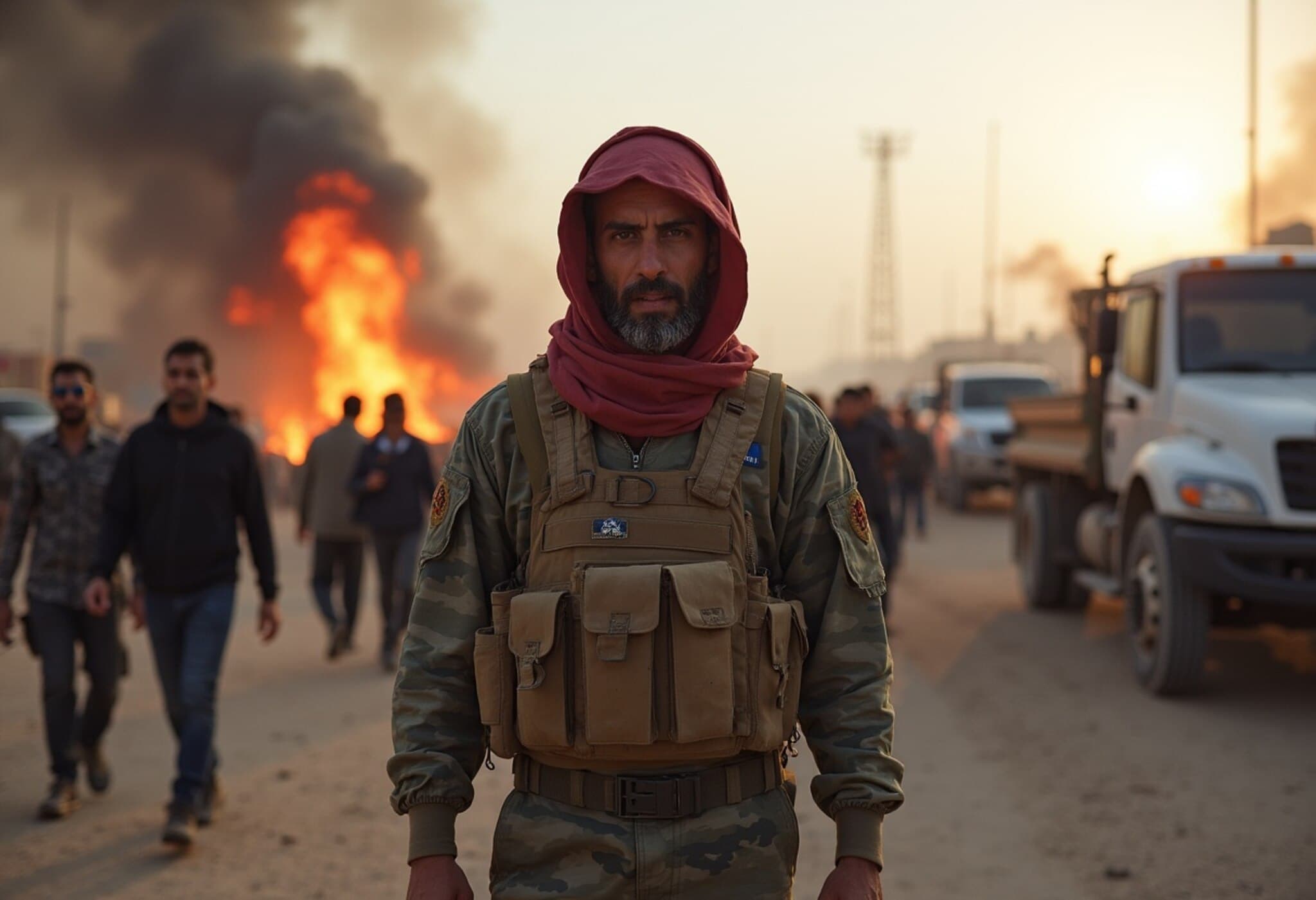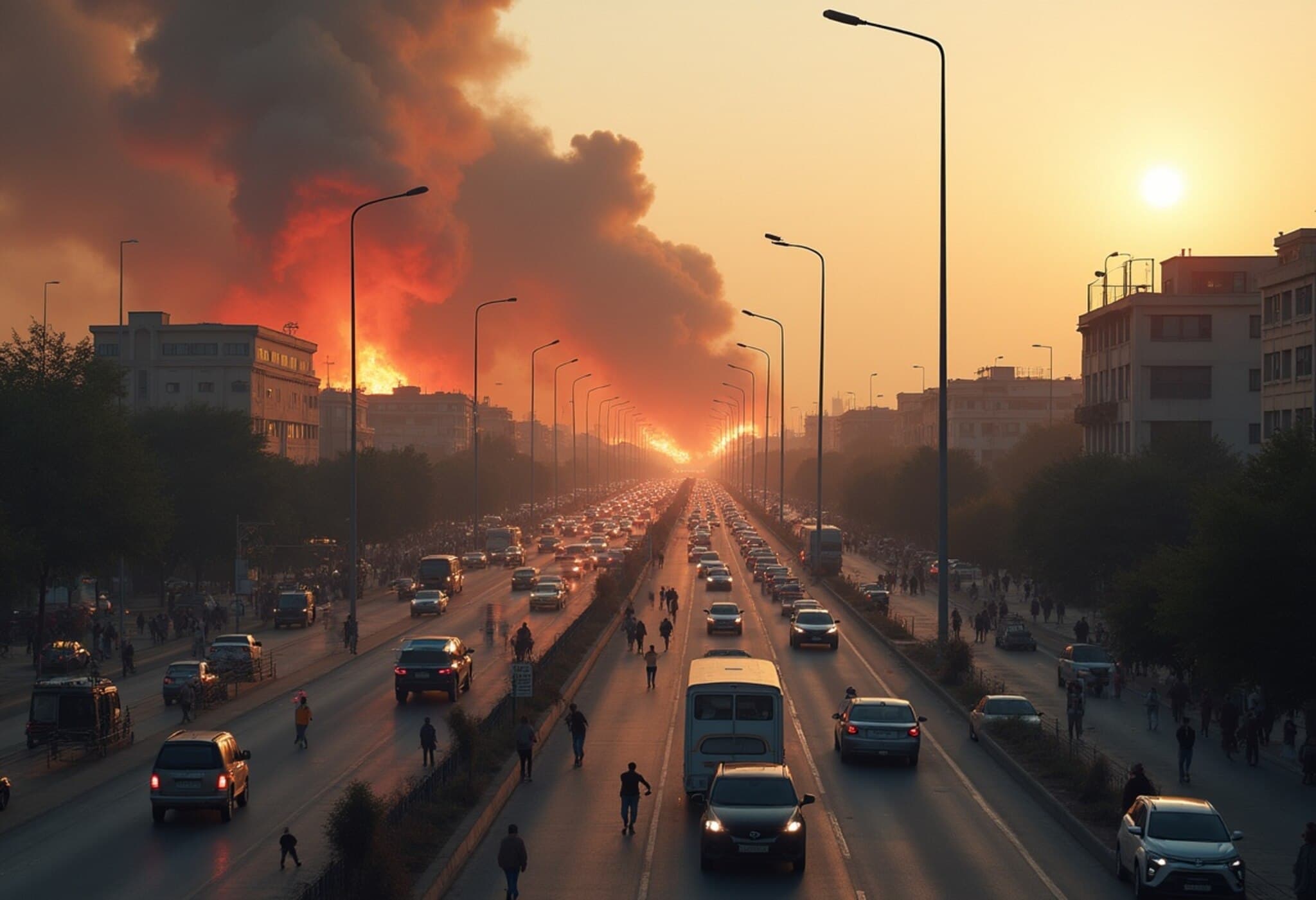Tensions Escalate as Netanyahu Calls for Targeting Iran's Leader
As the Israel-Iran conflict stretches into its fourth day, Israeli Prime Minister Benjamin Netanyahu has made a bold statement insisting that eliminating Iran’s Supreme Leader, Ayatollah Ali Khamenei, would be the quickest way to end the hostilities. This comes shortly after reports emerged that US President Donald Trump rejected an Israeli plan to assassinate Khamenei, concerned it would further inflame the volatile situation.
Conflict Intensifies with Civilian Areas in the Crossfire
Missile attacks have been exchanged between Israel and Iran, with both sides targeting civilian locations amidst the ongoing clashes. The escalation has alarmed analysts who warn that the conflict could spiral out of control. Citizens in both countries have been advised to prepare for a prolonged confrontation, signaling the seriousness of the crisis.
Netanyahu’s Stance: Ending the 'Forever War'
During an interview, Netanyahu dismissed concerns that taking decisive military action against Iran’s leadership would worsen the conflict. Instead, he argued it would bring the aggression to a halt. “It's not going to escalate the conflict, it’s going to end the conflict,” he said, describing Iran’s strategy as a desire for a “forever war” and accusing Tehran of pushing the region toward nuclear confrontation.
He further emphasized Israel’s role in preventing greater aggression by standing firm against what he called “forces of evil.”
Security Measures Around Iran’s Supreme Leader
Sources indicate that Ayatollah Khamenei and his family have been relocated to a secure underground bunker, protected by the Islamic Revolutionary Guard Corps, as Iran braces for further conflict. Despite the heightened threat, Khamenei remains actively involved in directing military operations.
Trump’s Veto and U.S.-Israel Communications
The revelation that President Trump vetoed the targeted assassination plan emerged from senior US officials who confirmed that Israeli authorities had an opportunity to carry out the operation. However, Trump reportedly intervened, prioritizing de-escalation over a direct strike on Iran’s leadership.
While Netanyahu declined to detail private communications with the US president, he conveyed confidence in the US-Israel partnership and hinted at Israel’s readiness to act as necessary. “We do what we need to do,” he stated without elaborating on whether the rejected plan remains on the table.
Looking Ahead
With the conflict showing no signs of abating, the world watches as Israel and Iran engage in a dangerous exchange that risks dragging the region into a wider war. Netanyahu’s firm remarks highlight Israel’s willingness to pursue aggressive measures, while the US stance suggests caution amid the tense geopolitical landscape.

